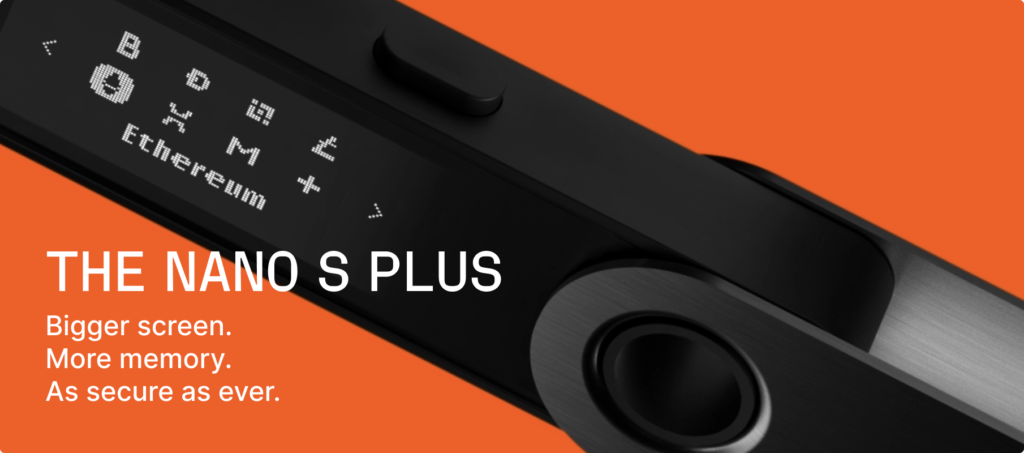
If your cryptocurrencies are stored in a wallet that you don’t have the private keys for, such as a wallet on an exchange, are they really yours? Many will say that they are not. This idea is “Not your keys, not your coins.”
There are also some serious practical drawbacks to entrusting your cryptocurrency to a third party. These fall broadly into two categories: Security risks and loss of control.
What are the risks?
The most obvious risk of keeping your funds on an exchange is the risk of losing them through a hack. At the time of writing, there have been countless stock market hacks that have resulted in cumulative losses of about $1.85 billion. Most notable was the 2014 hack of the bitcoin exchange Mt.Gox, in which more than $660 million in user funds were stolen.
Even if you don’t fall victim to an exchange hack, there is always a risk that an attacker will manage to drain your personal account with an exchange or that your data will be compromised. If you choose to store your cryptocurrencies with a third party, you should take advantage of all the security features offered, always enable two-factor authentication, and stay vigilant.
Why shouldn’t I leave my coins on an exchange?
When your cryptocurrencies are stored with a third party, everything you want to use them for is mediated by that third party. When you store your cryptocurrencies with an exchange, you are essentially giving up control of your own coins.
In addition to the security risks described in the previous section, there are other instances where not having control over your money can prove to be very costly. For example, if an exchange where you store your cryptocurrencies freezes trading and withdrawals of a coin you own due to maintenance, upgrades, or other reasons, you will not be able to react in the event of volatile market activity.
Not having direct control over your Coins can also limit your potential returns. The past year has seen an explosion in ways to earn more cryptocurrencies, including DeFi services like Compound and the rise of Proof of Stake blockchains. If your coins are on an exchange, you may not be able to take advantage of these opportunities. Some exchanges will put your cryptocurrency to work for you, but that comes with its own potential pitfalls.
One option if you want to keep your assets in a wallet you control and deploy them at the same time is to use the native delegation feature on our website. This is where you can deploy $ATOM with us.
What is the alternative?
The safest alternatie is to keep your cryptocurrencies yourself. The best way to do this is with a hardware wallet. The market leader in hardware wallets is the French company Ledger with its Ledger Nano. We recommend that you use either the Ledger Nano S Plus or the Ledger Nano X.

Leave a Reply